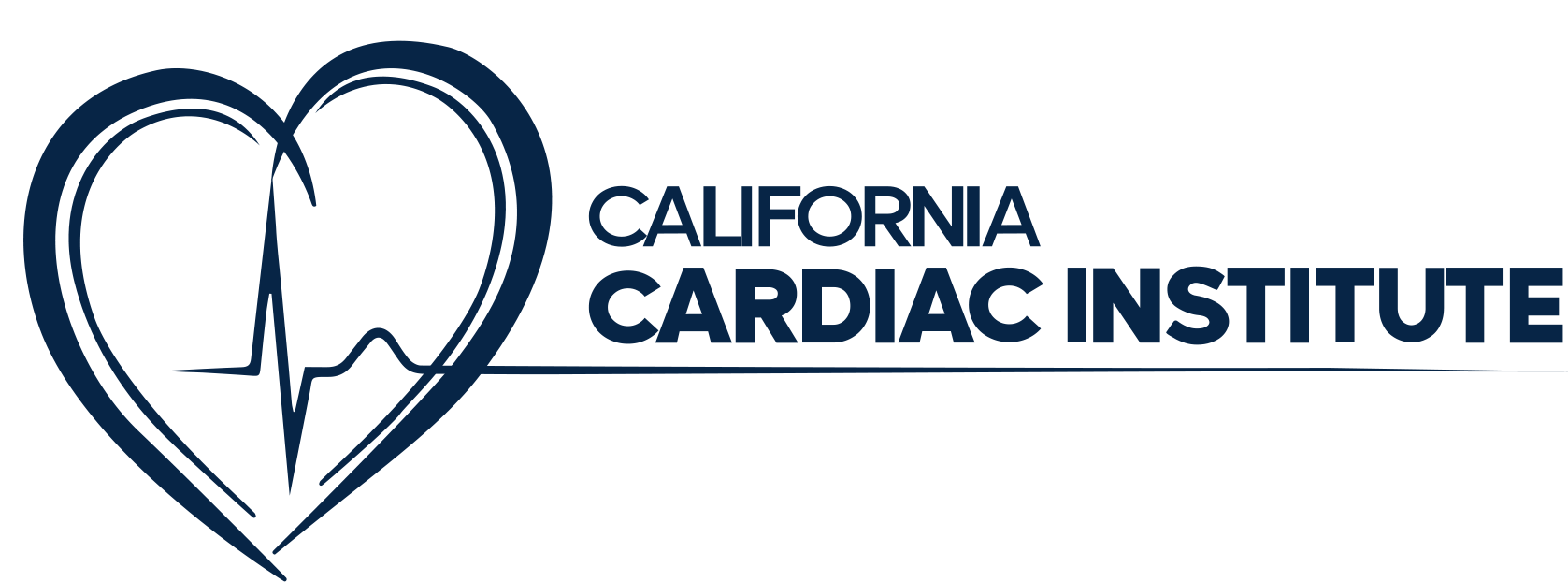Congestive heart failure occurs when your heart cannot pump blood effectively, leading to fatigue, shortness of breath, and swelling in your legs or ankles. At California Cardiac Institute, we’re here to help you recognize symptoms early and protect your heart.
What is Congestive Heart Failure?
Congestive heart failure (CHF) is a condition where the heart muscle becomes too weak or stiff to pump blood effectively. As a result, fluid can build up in the lungs, abdomen, or legs, causing swelling and breathing difficulties. CHF develops gradually and can affect your ability to perform daily activities. It does not mean your heart has stopped, but rather that it cannot meet the body’s demands as it should.

Signs & Symptoms of Congestive Heart Failure:
- Shortness of breath, especially during activity or when lying flat
- Swelling in the ankles, legs, feet, or abdomen
- Fatigue and weakness that make daily tasks difficult
- Rapid or irregular heartbeat (palpitations)
- Persistent coughing or wheezing, sometimes producing pink-tinged mucus
- Sudden weight gain from fluid retention
- Difficulty concentrating or decreased alertness
- Needing to urinate more often at night (nocturia)
What Causes Congestive Heart Failure?
Congestive heart failure occurs when the heart muscle is weakened or damaged, reducing its ability to pump blood effectively. Over time, this strain causes fluid buildup in the body and limits the delivery of oxygen and nutrients to vital organs. CHF often develops gradually, the result of long-standing conditions that place stress on the heart. Several underlying health issues and lifestyle factors can contribute to congestive heart failure, including:
- Coronary artery disease and heart attacks
- High blood pressure (hypertension)
- Diabetes and metabolic syndrome
- Heart valve disease or congenital heart defects
- Cardiomyopathy (disease of the heart muscle)
- Irregular heart rhythms such as atrial fibrillation
- Chronic lung disease or sleep apnea
- Excessive alcohol use, smoking, or drug abuse
- Obesity and poor lifestyle habits
Heart Conditions Can't Wait
If congestive heart failure is left untreated, the condition can worsen and lead to serious complications. As the heart weakens, fluid continues to accumulate in the lungs and body, making it harder to breathe and perform daily activities. Over time, untreated CHF can cause irreversible organ damage, life-threatening arrhythmias, and a greatly reduced quality of life. Early recognition and timely medical care are critical to prevent long-term harm.
How is Congestive Heart Failure Diagnosed and Treated?
When you visit us with symptoms of congestive heart failure, we begin by listening to your concerns and reviewing your medical history. Our physicians perform a physical exam, checking for signs like swelling, irregular heartbeats, or fluid in the lungs. We may recommend advanced imaging tests, such as echocardiograms or cardiac PET scans, to evaluate your heart’s structure and function. Blood tests also help us determine the extent of your condition.
Based on your results, treatment options may include:
- Lifestyle changes, including diet and exercise guidance
- Medications to improve heart function and control symptoms
- Devices such as pacemakers or defibrillators
- Minimally invasive procedures or surgery when needed
- Ongoing monitoring and follow-up care to manage progression

Schedule Your Consultation
California Cardiac Institute is dedicated to helping you recognize and treat heart conditions before they become life-threatening. If you’ve experienced shortness of breath, swelling, or persistent fatigue, don’t delay seeking care. Our physicians combine advanced diagnostic imaging, including cardiac PET scans, with personalized treatment to protect your health and longevity. Schedule your consultation today for congestive heart failure diagnosis and treatment at our Glendale location and take control of your heart health.

